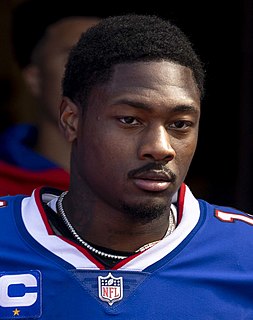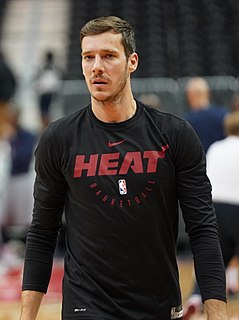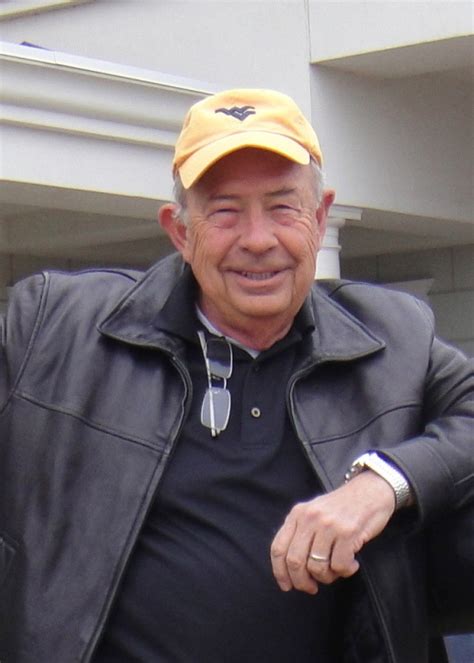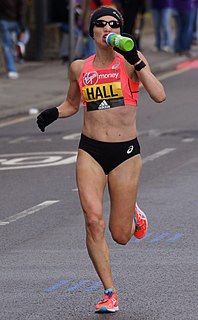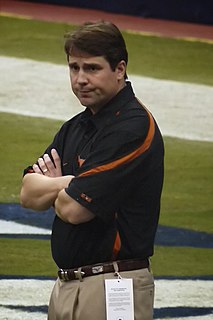A Quote by Stefon Diggs
I have to go at a good pace because how you practice, that's how you play.
Related Quotes
If I can't practice, I can't practice. It is as simple as that. I ain't about that at all. It's easy to sum it up if you're just talking about practice. We're sitting here, and I'm supposed to be the franchise player, and we're talking about practice. I mean listen, we're sitting here talking about practice, not a game, not a game, not a game, but we're talking about practice. Not the game that I go out there and die for and play every game like it's my last, but we're talking about practice man. How silly is that?
I came out with a book called The True Secret of Writing: Connecting Life with Language. It's a book that describes how writing is a practice and how my teaching is part of that practice. I direct the writing and create books but underneath, there's always the river of practice happening. No good, no bad. Just do it.
I didn't want to audition the kids so much; I just wanted to talk to them because I like seeing how they are because their mothers usually mess them up with practice. So, I'd rather talk to them and see how they respond. I just throw things at them and see how they can hit the ball back, and Saniyya Sidney was good.
Every inch of my writing career has been influenced by my screenwriting education. I was lucky enough to go to film school at USC, and I got a crash course in how to tell a story efficiently. I learned structure, pace, my style, how to know your audience, and most importantly, how to take criticism and edits properly.
